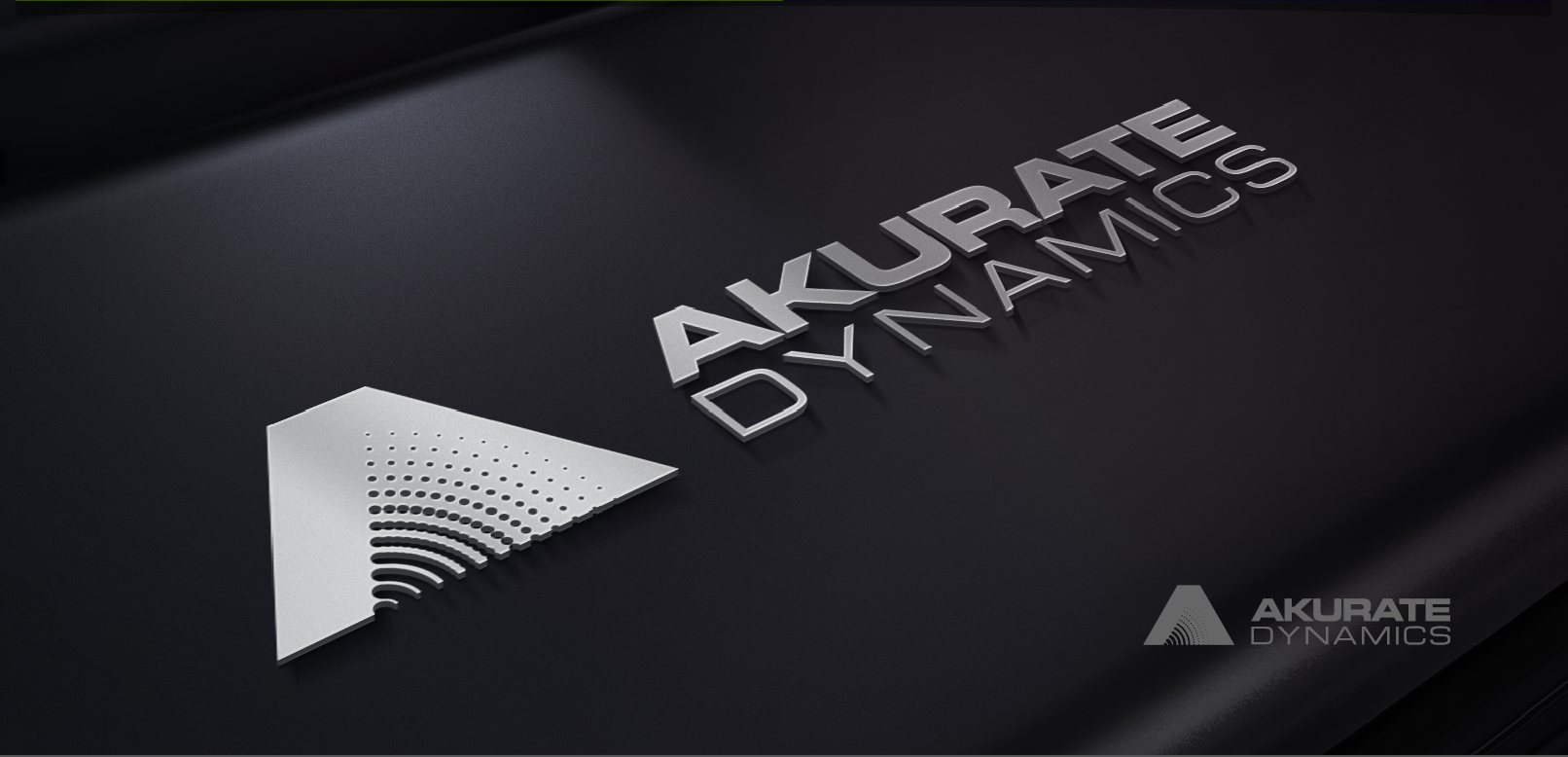Reading Foam
- Jan 29, 2020
- 3 min read
Reading foam is complex, requiring a certain level of experience and expertise to visually ascertain the correctness of the foam application. The foam can “look” as if the chemical has been properly mixed. Based on how the contractor reads the foam, appropriate adjustments are made to alter the aesthetics and performance of spray polyurethane foam. Temperature and pressure are just a few of the variables that can impact the performance, attributes, or aesthetics of foam. Other variables such as moisture content, altitude, and ambient temperature can also impact performance.
So the real question is, how do we really define “good foam” and how can we prove it has been applied correctly, according to chemical manufacturers specifications. “Butter” foam is visually appealing, but how can we be assured that it’s correct and applied on-ratio?
An on-ratio application is a leading indicator to how the foam will perform post-application. It is not the only indicator, but it is critical. And foam that looks visually correct, may not be on-ratio.
Imagine not having a speedometer while driving. If you get pulled over for speeding, how do you really know how fast you were going? You “felt” like you were going 65mph, but the officer's radar says you were going 85mph. Without a way to measure how fast you’re going, you just won’t know. So, in regards to spray foam, how do you really know if you’re on-ratio?
Our industry is constantly under attack. Spray foam is a high-growth product in a mature industry (insulation, in general). Provability during the application process should be required, it protects the spray foam contractors, the general contractors, the architects who spec the job, the end-consumer, and ultimately the industry itself. At Akurate, we believe in removing as many variables as possible with ratio control being the biggest driver. We build systems that are adaptive and dynamic, with the goal of keeping you on-ratio. Our equipment is designed to make all of the fine-tuned adjustments you would make yourself, if you could clone yourself and be at the gun and at the machine simultaneously. The Akurate system is designed to halt the application process if the product is not likely to meet manufacturers specifications. In our view, alarms are necessary and can prevent a potential problematic application.
At Akurate, we appreciate the contractor network that takes pride in their work, promotes the benefits of spray foam, and who have the expertise that comes from years of industry experience. However, as technology improves, what is acceptable from the past will most likely not be acceptable in the future. Progress will include the improvement and reliability of the spray foam remote manufacturing processes.
Recently we co-hosted an industry event with 65 professionals from the industry. We wanted to test their highly trained eye on reading foam. We asked them to identify seven samples that were up to 15% off-ratio, both B-side and A-side rich. Of the 65 professionals, only 3 people correctly identified the 1:1 ratio sample. Only 3 out of the 65 could correctly identify 3 out of 7 samples. Aesthetically, all the samples looked smooth, there was very little color/sheen difference, yet some of the material was 15% off-ratio.
At the end of the day, we need to hold ourselves accountable in this industry, and create a new standard for “good foam”.
Stop by and see us at SPFA, Booth 211. We will have our foam samples there an invite you to “read” our foam and earn a spot for a drawing to win a free hose set.





Comments